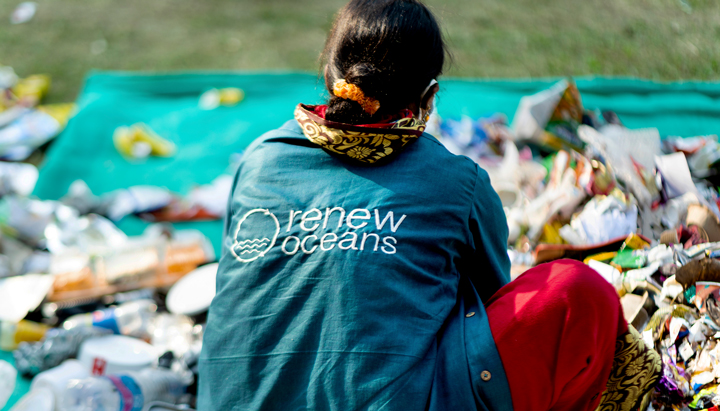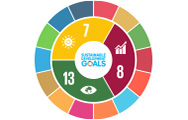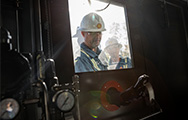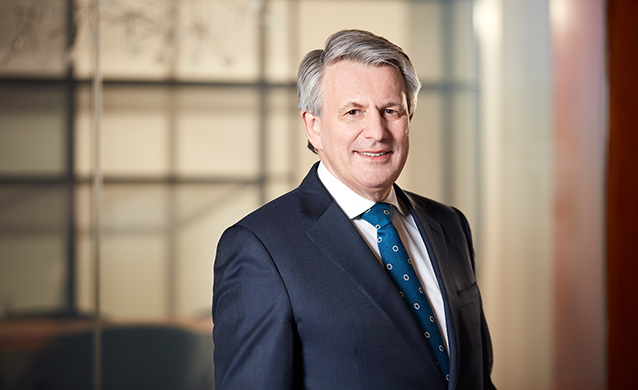Collaborations and stakeholder engagement
We collaborate with governments, non-governmental organisations, industry bodies, national oil and gas companies and many other businesses.
These collaborations range from working together on a project to sponsoring a particular group.
Collaborating and engagement with these groups helps us in many different ways. It is a proven way to learn new things, share best practice, achieve specific objectives, set future goals and build trust with the stakeholders who have an interest in Shell.
Read more about how we work with others at www.shell.com/sustainability/our-approach/working-in-partnership.
In 2019, we made significant progress in our work with stakeholders in, among other areas, tax and transparency, corporate good practice and tackling plastic waste.
Tax transparency
In December 2019, we published our first Tax Contribution Report, setting out our approach to tax and the corporate income tax that Shell companies paid in countries and locations around the world in 2018. The report is part of our commitment to the B Team Responsible Tax Principles, developed with a group of leading companies, along with the involvement of civil society, investors and representatives from international institutions.
While preparing the Tax Contribution Report, we engaged with several non-governmental organisations and individuals with a strong interest and expertise in tax transparency. We sought their views on best practice and their expectations of an organisation like Shell. This provided useful input for our reporting procedures (see Revenue transparency and tax).
Ending plastic waste
We are a founding member of the Alliance to End Plastic Waste, a not-for-profit organisation that aims to invest $1.5 billion over five years to help end plastic waste in the environment. The alliance comprises more than 40 global companies, including chemical and plastics manufacturers, consumer goods and waste management companies, and the World Business Council for Sustainable Development.
In 2019, the alliance started several projects, including one in India to stop plastic waste entering the Ganges, one of the world’s most polluted rivers. The project turns worthless waste into a saleable product by encouraging local people to collect discarded plastic, which is then converted into liquid fuel. We are supporting the project with expertise, such as hazard identification, fuel product analysis and qualification, and design of the converter facility (see Plastics).

The Alliance to End Plastic Waste supports Renew Oceans, a localised investment and engagement project. The first Renew Oceans project focuses on India’s Ganges River into which more than half a million tonnes of plastic waste is reported to be dumped annually.
Corporate good practice
In Brazil, we have worked closely with the Ethos Institute, the national organisation for corporate social responsibility, for more than 20 years. Shell Brasil Petróleo Ltda. was one of 14 companies in the country to sign the Guide to Good Practices in Corporate Integrity for the Oil and Gas Sector. We are a member of the Brazilian Petroleum, Gas and Biofuels Institute, which is producing a set of videos to illustrate the guide, covering topics such as human rights.
We are a founding member of the World Business Council for Sustainable Development (WBCSD), a global organisation led by the chief executive officers of more than 200 leading businesses that work together to accelerate the transition to a sustainable world. In 2019, we chaired and played an active role in the WBCSD’s Climate & Energy programme. We also worked on a guide to natural climate solutions for the private sector.
Collaborations overview
The table shows some of the organisations that we collaborate with globally on topics such as environmental sustainability and technology. Shell also works with many community-based organisations.
- Environmental sustainability
- Human rights and social responsibility
- Safety and technical standards
- Technology and innovation
- Transparency and governance
 Climate change
Climate change
 Sustainable development goals
Sustainable development goals
 Safety
Safety
 About our data
About our data
